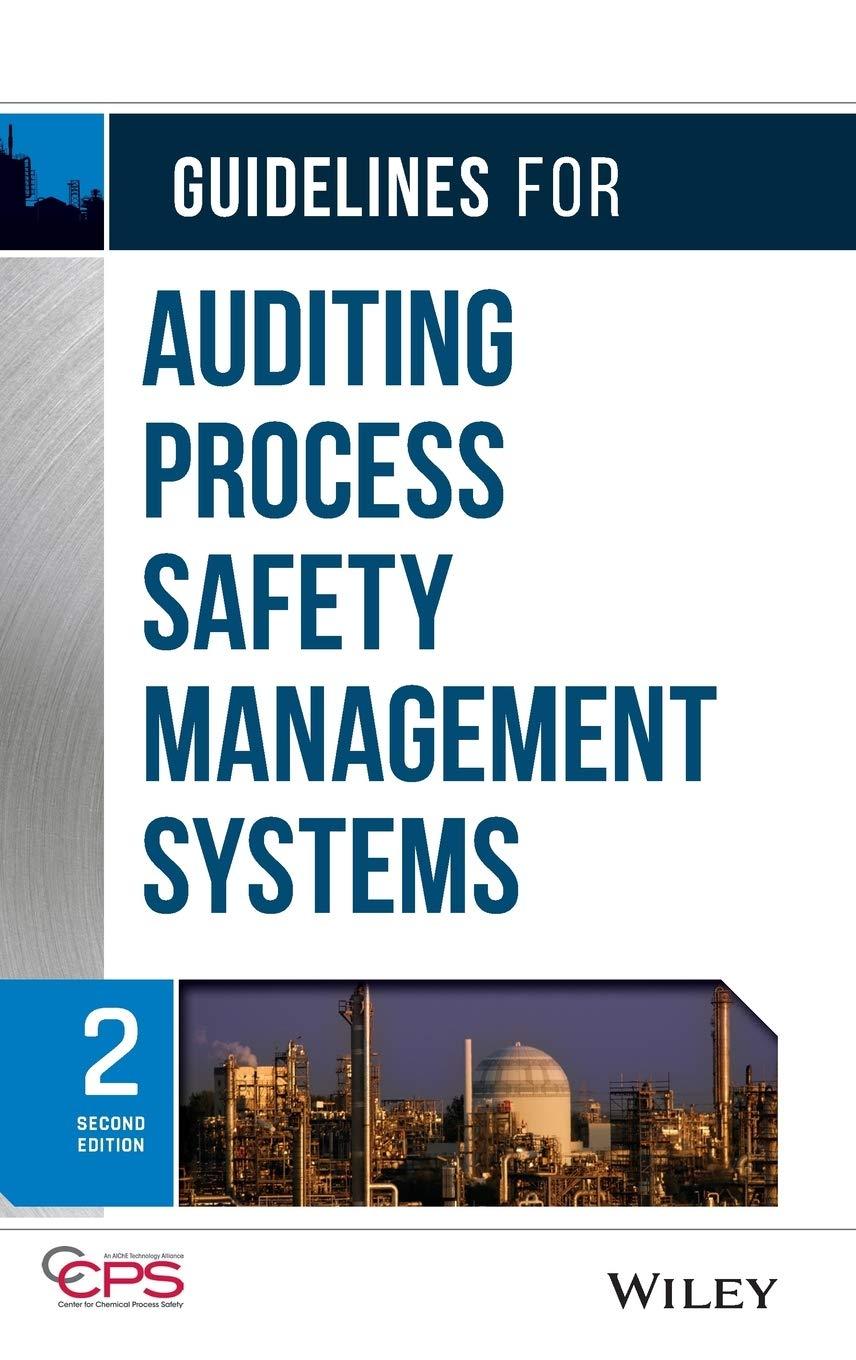Assume that the audit team encountered the following separate sltuations when deciding on the report to lssue for the current-year financial statements for a nonissuer. 1. The audit team decided that sufflcient approprlate evidence could not be obtained to complete the audit of significant investments the entity held in a foreign entity. 2. The entity falled to capitalize lease assets and obligations but explained them fully in the notes to the financial statements. These lease obligations meet the criteria for capitalization under ASC 840 . 3. The entity is defending a lawsult on product llability claims. (Customers allege that power saw safety guards were improperly Installed.) All facts about the lawsult are disclosed in the notes to the financlal statements, but the audit team belleves the entity should record a loss based on a probable settlement mentioned by the entity's attorneys. 4. The entity hired the audit team after taking inventory on December 31 . The accounting records and other evidence are not reliable enough to enable the audit team to have suffclent evidence about the proper inventory amount. 5. The FASA requires the energy company to present supplementary oll and gas reserve information outside the basic financial statements. The audit team finds that this information, which is not required as a part of the basic financial statements, has been omitted. 6. The auditors are group auditors of the perent company, but they reviewed the component auditors' work and reputation, and decided not to take responslbility for the work of the component auditors on three subsidiary companies included in the consolidated finandal statements. The component auditors' work amounts to 32 percent of the consolidated assets and 39 percent of the consolidated revenues. 7. The entity changed its depreciation method from units of production to straight line, and its audit team belleves the straight-line method is the more appropriate method in the circumstances. The change, fully explained in the notes to the financial statements, hes a material effect on the year-to-year comparablity of the comparative financial statements. 8. Because the entity has experienced significant operating losses and has had to obtain walvers of debt payment requirements from its lenders, the audit team decides that there is substantial doubt that the entity can continue as a going concem. The entity has fully described all problems in a note in the financial statements and the audit team belleves that, while material, the uncertainty is not serlous enough to warrant a disclaimer of opinion. Required: a. What kind of opinion should the aucitors express in each separate case? (if the kind of opinion depends on the reason for the scope llmitation (If applicable), the degree of materiallty, and/or the pervaslveness of the matter discussed, then choose an answer choice that encompasses the two possible opinion types.) b. What other modification(s) or adcitien(s) to the standard funmodified) report is (are) required for each separate case









